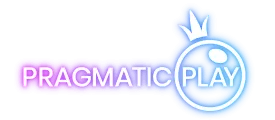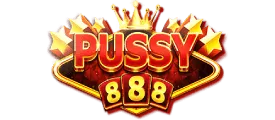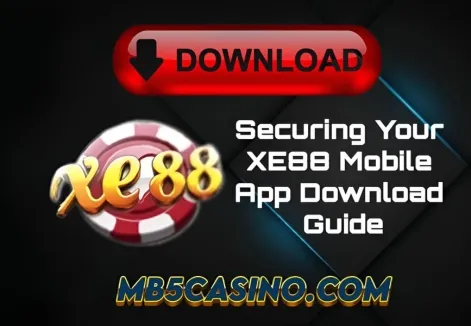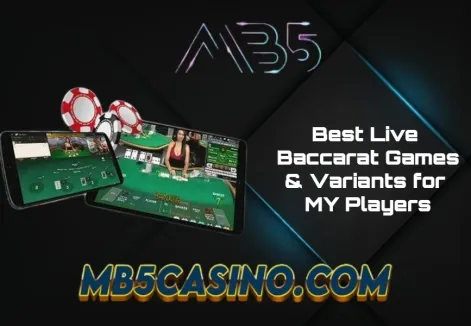The immersive experience of a Live Casino—where a professional dealer handles real cards, spins a real roulette wheel, or shakes real Sic Bo dice—is a marvel of modern engineering It is a sophisticated fusion of physical casino action, high-definition broadcasting, and proprietary software, all working seamlessly to deliver a trustworthy and exciting gaming environment to players across Malaysia wagering in Ringgit MYR This guide unpacks the complex technological stack, from the studio floor to the player's mobile device, that makes Live Casino function with speed, security, and absolute transparency
The Live Casino Studio A High-Tech Broadcast Hub
A Live Casino game does not operate from a backroom or a makeshift setup Instead, it runs from a dedicated, custom-built studio that functions more like a high-end television broadcast centre These facilities, operated by major providers like Evolution Pragmatic Play Live or Playtech, are equipped with three core technological elements that drive the action
High-Definition Video Infrastructure
The foundation of the experience is the video stream This requires top-tier equipment far beyond a standard webcam Multi-Camera Setup Each table is monitored by multiple Ultra High-Definition UHD or 4K cameras This provides players with varied, dynamic views of the action in real-time Close-up cameras focus on the card draw in Baccarat or the dice shaker in Sic Bo Wide-angle cameras show the entire table and the dealer, proving the live environment and preventing blind spots These cameras are crucial for the integrity of the game, as they provide an auditable record of every hand or spin Low Latency Streaming This is perhaps the most critical factor for player satisfaction Low latency means minimal delay between the physical event in the studio and the video appearing on the player's screen Fast internet connectivity, dedicated fiber optic lines, and global Content Delivery Networks CDNs are used to ensure the stream is delivered to Malaysian players with sub-second delay This speed is essential for allowing players to place their wagers within the short betting window typically ten to fifteen seconds
Game Control Unit The Command Centre
The Game Control Unit GCU is the unsung hero of the Live Casino It is a small, specialized computer device attached to every gaming table The GCU's primary function is to encode the video stream and convert the physical game elements into data that the online platform can understand and process Data Encoding The GCU processes the raw video feed, synchronizes it with the betting data, and converts it into a format suitable for streaming Game Management It acts as the central hub for the entire game round It manages the betting timer, registers when the round is closed, and communicates the result back to the player's interface Data Log Every single action, from the dealer starting the round to the final result, is logged by the GCU This unchangeable log is the definitive record of the game, used by both the provider and auditors to resolve any disputes over betting outcomes
Optical Character Recognition The Digital Eye
The critical link between the physical game and the digital platform is the Optical Character Recognition OCR system This technology is what truly separates a Live Casino from a traditional online game Functionality The OCR system uses specialized high-speed cameras placed above the table to continuously scan the physical elements of the game For card games like Baccarat or Blackjack, the OCR instantly reads the rank and suit of each card as it leaves the shoe The OCR software recognizes the patterns on the cards or the numbers on the dice and immediately translates this visual information into digital data Real-Time Data Overlay This digital data is then used to generate the graphical overlay that appears on the player's screen For example, when a dealer draws a two of hearts, the OCR reads it, the GCU processes it, and the player sees a large, clear digital image of the two of hearts card added to the Player or Banker hand total on their screen Speed and Accuracy OCR ensures both accuracy and speed in an instant, verifiable manner Without it, the dealer would need to manually input the result, introducing delay and potential for human error The OCR system provides instantaneous, machine-verified results, which is vital for fast-paced variants like Speed Baccarat or Lightning Roulette
The Player Interface and Betting Software
The player’s experience is managed through a sophisticated, often HTML5-based, software interface running on a web browser or a dedicated mobile app The interface must seamlessly integrate three dynamic streams of information The Live Video Feed The primary element, showing the dealer and the physical game in real-time The Digital Betting Layer This is where players place their chips in MYR The software handles the complex logic of accepting bets, validating them against table limits, and calculating potential payouts The Live Statistics and Roads Essential for strategic players, particularly in Baccarat and Sic Bo, the interface displays real-time statistics and historical game results—known as Roads for Baccarat—allowing players to track patterns and trends The reliability of this data, sourced directly from the GCU via OCR, is central to the player's trust
How Does Live Casino Work in Malaysia?
Live casino in Malaysia works by streaming real-time casino games with human dealers directly to a player's computer or mobile device. This setup bridges the gap between traditional land-based casinos and online gambling, providing an immersive and authentic experience.
Here is a breakdown of the process and technology:
- Live Broadcast: Games like Live Blackjack, Live Roulette, and Live Baccarat are hosted in a professional studio or sometimes a real casino floor, featuring a real dealer, cards, chips, and roulette wheel. The action is captured by multiple high-definition cameras and streamed live over the internet.
- Dealer's Role: The human dealer manages the game, just like in a physical casino, shuffling cards, spinning the wheel, and announcing results. They interact with players via the live chat function shown on a monitor in front of them, creating a social and engaging atmosphere.
- Player Interface: Players access the stream through an online casino platform (website or app). A digital interface overlaid on the video feed allows them to place bets, view chip values, see game history, and communicate with the dealer and sometimes other players.
- Optical Character Recognition (OCR): Advanced technology, particularly OCR, is key. It scans and translates the physical actions of the dealer (like the card values or the winning number on the roulette wheel) into digital data, which is then instantly displayed on the player's screen to settle bets and update the game interface.
- Regulation and Fairness: To ensure trust and fairness, the games use real casino equipment (not a Random Number Generator like standard online games). Reputable MB5 best online casino in Malaysia platforms in Malaysia partner with major international software providers like Evolution Gaming or Playtech, who operate under strict licensing and regular audits to maintain integrity.
Transparency Fairness and Auditing
The sophisticated technology would be meaningless without rigorous checks on fairness and integrity This is where regulatory oversight plays its most critical role Licensing and Regulation The top Live Casino providers hold licenses from the strictest jurisdictions such as the Malta Gaming Authority MGA or the UK Gambling Commission UKGC These licenses require continuous adherence to high standards of fairness, consumer protection, and financial transparency Third-Party Auditing Independent testing agencies like eCOGRA Gaming Laboratories International GLI and Technical Systems Testing TST conduct regular, in-depth audits These audits are not just of the software but of the physical studio environment itself They verify that the card shuffling machines, the roulette wheels, the GCU, and the dealer protocols are all functioning randomly and fairly The Dealer’s Role While technology automates the data, the dealer’s physical presence ensures the human element of transparency Dealers are highly trained to follow strict, uniform dealing and operational procedures They are constantly monitored, and their every move is recorded, preventing any deviation from the established rules
In essence, a Live Casino game in Malaysia is a multi-million dollar technological ecosystem The combination of HD multi-angle streaming for immersion, OCR for real-time data accuracy, the GCU for game synchronization, and stringent international auditing for absolute trust creates a powerful and highly secure gaming platform that convincingly replicates the authentic feel of a land-based casino while delivering the convenience and speed of modern online betting








































